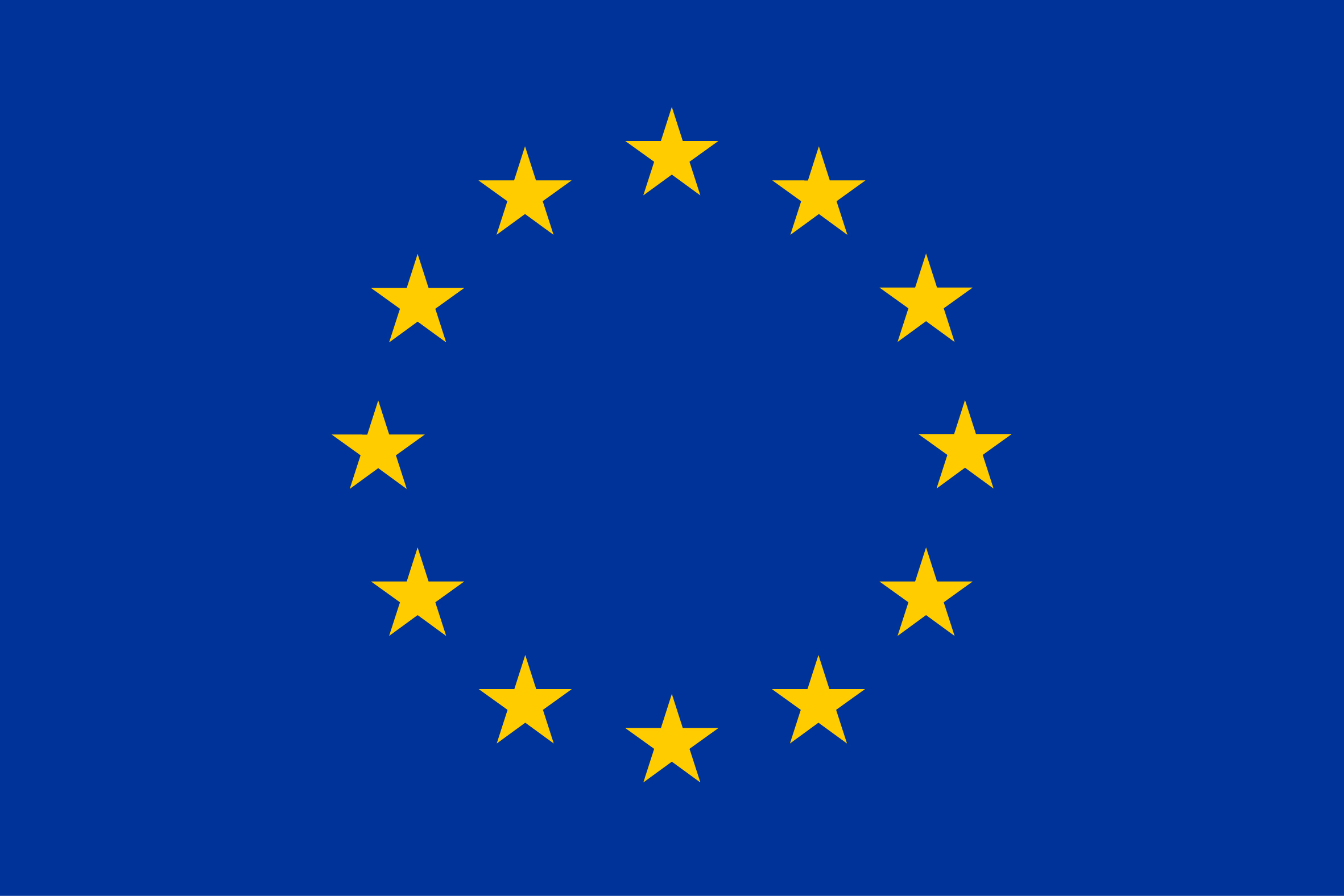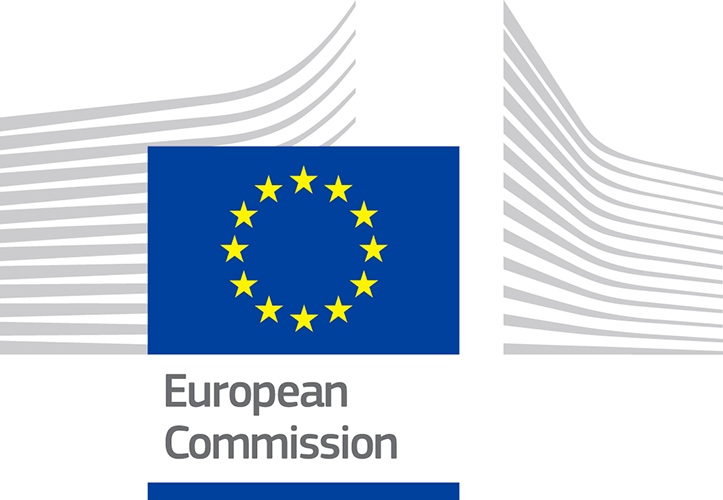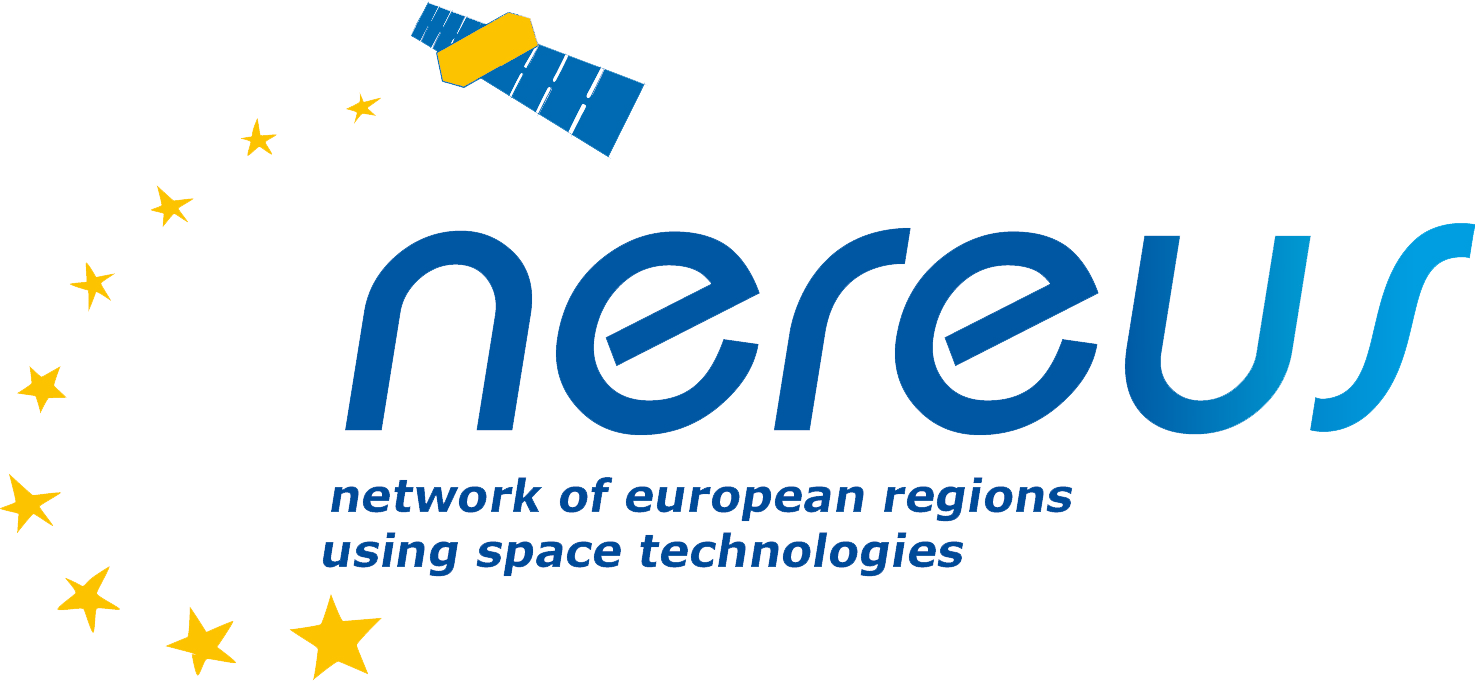

Paola Nicchia, Prorector - University of Bari, Italy
Universities play a vital role in the transition to the New Space economy by serving as a driving force for the development of new solutions. They become hubs from which coordinated activities are developed to support the achievement of the Sustainable Development Goals.
Interview
My name is Grazia Paola Nicchia and I am prorector at the University of Bari Aldo Moro. As scientist I am interested in the physiology and biophysics of brain cells called astrocytes.
The University of Bari has a long-lasting experience of space exploration and observation of the Universe, activities that are often carried out in collaboration with the National Institute of Nuclear Physics, the Italian CNR and the Polyclinic Hospital here in Bari – an example of very productive partnership, which the Apulian Aerospace District (DTA) has now joined. Among our most recent activities, for instance, we have introduced improvements to Earth observation using new tools and new advanced computing techniques for risk management, for the sustainable development of our planet, and for the management of the emerging space economy, both from an economic and legal point of view. In addition to observation activities, UNIBA is engaged in the development of innovative materials that can withstand mechanical and thermal stress conditions for spatial and aerospatial use.
Interdisciplinarity is fundamental in aerospace research and even more fundamental in tackling global challenges.
Progress towards the achievement of the 17 Sustainable Development Goals (SDGs) by 2030 strongly requires science, technology, and innovation. Aerospace challenges bring together engineers, physicists, mathematicians, doctors, biologists and geologists as well as economists and jurists in what is now known as the New Space Economy.
Science and technologies applied to Space have an enormous impact on health and on a global level. Space services and technologies are essential for understanding climate change and in the disaster management cycle and, as mentioned above, they help understand the pathophysiological changes that occur in astronauts during space flights which have an important impact on our knowledge relating to human health (ageing, skeletal muscle atrophy, etc.).
Universities play a strategic role in this transition, acting as a driving force for the development of new solutions. By their very nature, universities make an important contribution to the social, political, and cultural development of the country, both nationally and internationally, and at a local level. They can influence the process by facilitating the dissemination of knowledge deriving from scientific research, thereby promoting the development of innovative technologies and strategies.
The UNIBA and, in general, all Universities have become hubs from which coordinated activities have developed in support of the achievement of the Sustainable Development Goals.




